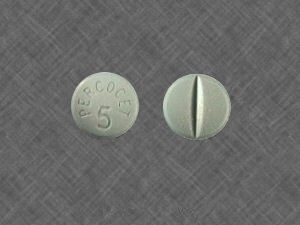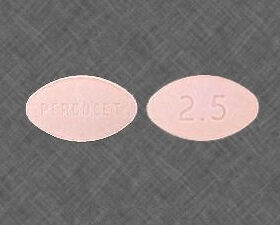- Your cart is empty
- Continue Shopping

Product
Percocet is a prescription medication composed of two active ingredients: oxycodone, a potent opioid pain reliever, and acetaminophen (also known as paracetamol), a non-opioid pain reliever and fever reducer. Here’s what you need to know about Percocet 10/325mg:
Active Ingredients:
- Oxycodone: It belongs to the class of medications known as opioid analgesics. Oxycodone works by binding to opioid receptors in the brain and spinal cord, reducing the perception of pain.
- Acetaminophen: It is a non-opioid pain reliever and fever reducer. Acetaminophen works by inhibiting the production of prostaglandins, chemicals in the brain that signal pain and fever.
Dosage Strength:
- Percocet 10/325mg: Each tablet contains 10 milligrams of oxycodone hydrochloride and 325 milligrams of acetaminophen.
Uses:
- Pain Management: Percocet is prescribed for the relief of moderate to severe pain, such as pain from injuries, surgeries, dental procedures, or chronic conditions like osteoarthritis.
Dosage and Administration:
- Individualized Dosing: The dosage of Percocet should be individualized based on the severity of pain, the patient’s response to treatment, and their medical history.
- Administration: Percocet tablets are taken orally with or without food, as directed by a healthcare professional. Follow the prescribed dosage and schedule carefully.
Precautions:
- Risk of Dependence: Oxycodone, being an opioid, has a high potential for abuse, addiction, and dependence. It should be used with caution and only as directed by a healthcare provider.
- Liver Toxicity: Acetaminophen can cause liver damage, especially when taken in high doses or in combination with alcohol. Do not exceed the recommended dosage or take other medications containing acetaminophen while using Percocet.
- Contraindications: Percocet is contraindicated in individuals with severe respiratory depression, paralytic ileus, acute or severe bronchial asthma, and hypersensitivity to opioids or acetaminophen.
Side Effects:
- Common Side Effects: Nausea, vomiting, constipation, dizziness, drowsiness, and lightheadedness are common side effects of Percocet. These side effects are usually transient and may improve with continued use.
- Serious Side Effects: Serious adverse effects of Percocet include respiratory depression, liver toxicity, allergic reactions, and opioid-induced constipation. Seek medical attention if you experience any severe or persistent side effects.
Storage:
- Storage Conditions: Store Percocet tablets at room temperature, away from moisture and heat. Keep the medication out of reach of children and pets to prevent accidental ingestion.
Usage Guidelines:
- Follow Prescriptions: Take Percocet exactly as prescribed by a healthcare provider. Do not adjust the dosage or frequency of administration without consulting your doctor.
- Avoid Alcohol: Avoid consuming alcohol while taking Percocet, as it can increase the risk of liver toxicity and central nervous system depression.
- Dispose Properly: Dispose of unused or expired Percocet tablets properly, following local regulations or guidelines to prevent misuse or accidental ingestion.
Emergency Information:
- Overdose: In case of overdose, seek immediate medical attention or contact a poison control center. Overdose symptoms may include respiratory depression, extreme drowsiness, and loss of consciousness.







tlover tonet –
You made some decent points there. I looked on the internet for the subject matter and found most individuals will approve with your website.